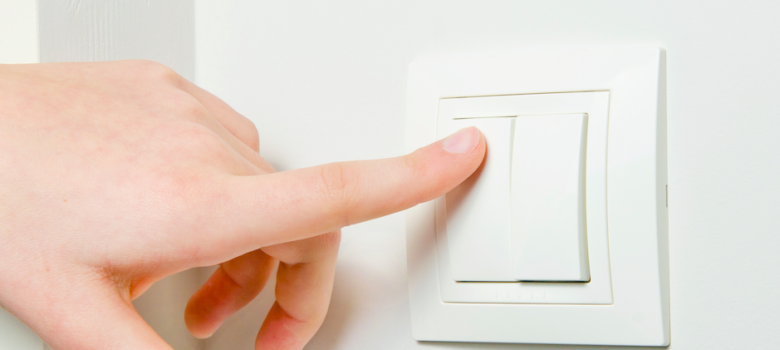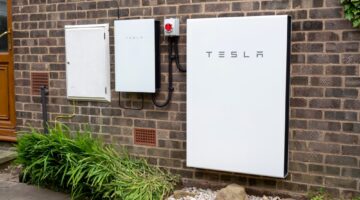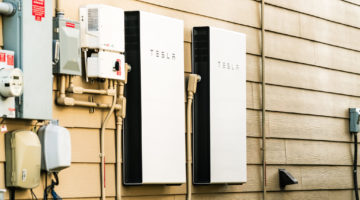
The government recently announced big changes to the way the UK will generate and manage its energy, but it has been light on specifics so far. We had a look at Ofgem’s report on ‘Upgrading our energy system‘, to get more of an idea of what our government is actually planning. It centres on ensuring supply in the move to low-carbon energy production.
The document starts by setting out the central challenge faced by the government in cutting carbon emissions. The UK has seen some success in increasing the use of renewables, but it throws up the issue of intermittency. Wind and solar power have the potential to generate huge amounts of electricity in the right conditions, but back-up has to be available when it’s not windy or sunny. This is not necessarily a problem if managed correctly, as it brings opportunities from new technologies such as battery storage.
UK energy in 2017
National
The energy map of the UK has changed a lot in the past few years. The prohibitive costs of green technologies has traditionally been the main argument against them. However, as renewable energy generation and battery storage become more and more commonplace, their prices are dropping. We have gone from a country powered mainly by coal, to one which will no longer produce power from 2025. As our nuclear power stations also reach the end of their useful lives, we are increasingly putting our faith into renewables. In Summer 2017, nearly 52% of our power came from low-carbon sources, compared with 35% in 2013. Another big change is that we are now getting more of our energy from an increased number of smaller local power sources, rather than fewer centralised plants.
Domestic
Home energy generation is more popular than ever, and almost one million UK homes now have solar panels. These are increasingly being coupled with domestic battery storage systems, bringing potential benefits for both homeowners and national energy stores. Smart meters are becoming more commonplace, and the government aim to have installed them in most homes by 2020. This will allow for the grid to keep up to date with readings in real-time, anticipating and hopefully preventing power surges and outages. It also paves the way for bill payers to be charged at different hourly rates, depending on their tariff. Many homeowners are now installing smart heating systems, allowing them to heat their homes more comfortably and efficiently. The government believes domestic energy efficiency measures such as these could cut national energy demand considerably, and slash carbon emissions as a result. The report also mentions the recent huge increase in electric vehicle ownership, and the electrification of heating. These changes could make a big difference in the fight to cut carbon emissions in the UK.
What happens next?
The government has set out a future for UK energy based on ‘smart systems and flexibility’. As mentioned, this could have great benefits, but also brings with it a new set of challenges.
Energy storage and demand-side response will be key, and to deliver results the UK must now concentrate on the transition to a smart system. So what is the government’s plan to provide ‘secure, affordable and clean energy’?
- Promoting competition between businesses in the low-carbon technology sector (i.e. battery research), to encourage the development of new products and services, and drive down prices.
- Pushing ahead with demand side management initiatives, through a mixture of battery storage and changing user habits. Giving grants/financial incentives to consumers to encourage them to cooperate with the digitisation of the energy system. (Early trials have shown time of use tariffs are popular with consumers, and easily understood. However, in order to popularise these tariffs, thousands of people still need to be persuaded of the benefits of smart meters.)
- Investing in new information technology to streamline and customise energy systems, whilst ensuring digital security. If we will be using ‘smart’ systems to manage energy and cut costs, we must make sure they are secure and cannot be hacked.
Smart energy systems could be an economic export for the UK if we get it right; it brings opportunities for job creation and selling successful technologies to other countries. Our government hasn’t exactly shown an unwavering commitment to renewables so far, but if it won’t do it for environmental reasons, maybe it will be swayed by financial ones!
Think we missed something? Do you have a different opinion?
Comment below to get your voice heard…













No Comments yet! Be the first one.